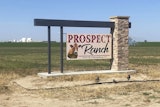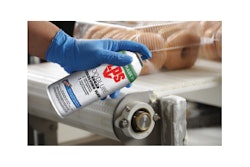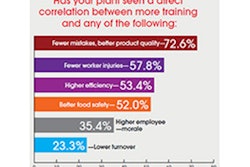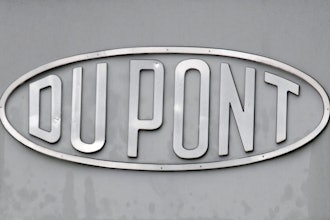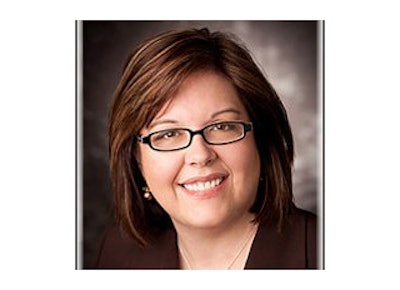
In an increasingly health-conscious world, ingredient reputation and selection have become major concerns for food and beverage manufacturers. With issues such as the 2012 New York City soda ban making the conversation top of mind, the outpouring of information leads to confusion and misinformation regarding the role of specific ingredients, like sweeteners, in overall health and wellness.
While media coverage raises consumers’ ingredient awareness, recent research from Mintel Research Consultancy shows that consumers don’t actually avoid specific sweetener ingredients, such as high fructose corn syrup (HFCS), in the grocery aisle or at a restaurant. Instead, they’re focused on limiting total sugars in their diets.
A recent brand-level consumer attitudes and behaviors study explored 34 brands across 13 of the highest-volume food and beverage categories, including Coca-Cola, Pepsi, Dr Pepper, Nature’s Own, Oroweat, Arnold, Earthgrains, Yoplait and Dannon. Two of the most telling consumer measures were label-reading and ingredient avoidance. Across brands, the majority of consumers report they are regularly or occasionally reading labels, and between 17 and 25 percent of soda, yogurt and bread brand purchasers say they are looking to reduce total sugars in their diet. In contrast, a nominal 1 to 5 percent of consumers purchasing these brands cite avoiding a specific sweetener, such as HFCS.
The Mintel brand-level findings align with previous Mintel research examining consumer attitudes and behaviors around food and beverage ingredients, both broadly in 2011, and at the category level in 2012, and align with MSR Group research dating back to early 2008.
Combine Mintel’s consumer attitude and behavior findings during the last few years with its Global New Products Database (GNPD) data, and four years of Nielsen scan data, and the food and beverage decision-maker sees no motivation for an HFCS-free product strategy. Mintel GNPD data showed that “No HFCS” accounted for only 2 percent of new product package claims in 2011 — or about 400 products out of 20,000. Nielsen scan data for 3,200 product SKUs found essentially flat and falling sales for HFCS-free formulations.
Making ingredient decisions based on consumer awareness measures alone can be counterproductive. Some top brands have recently shown a better understanding of consumer interests and needs. Manufacturers must think about whether or not they are negatively impacting growth and profitability by assuming unnecessary costs to develop or promote products that overlook the true focus of their consumers.
Sara Martens is a consumer research expert and vice president of The MSR Group. She has spent nearly 20 years in marketing and advertising and has worked extensively in branding and strategy development. The MSR Group is a national, full-service market research firm based in Omaha, Neb. Her clients include the Corn Refiners Association.
